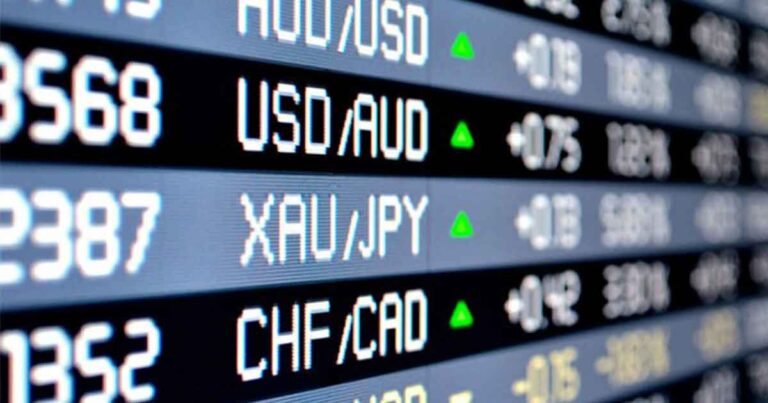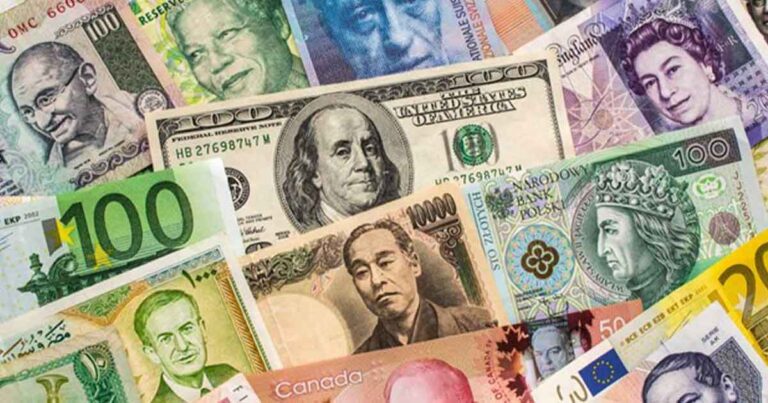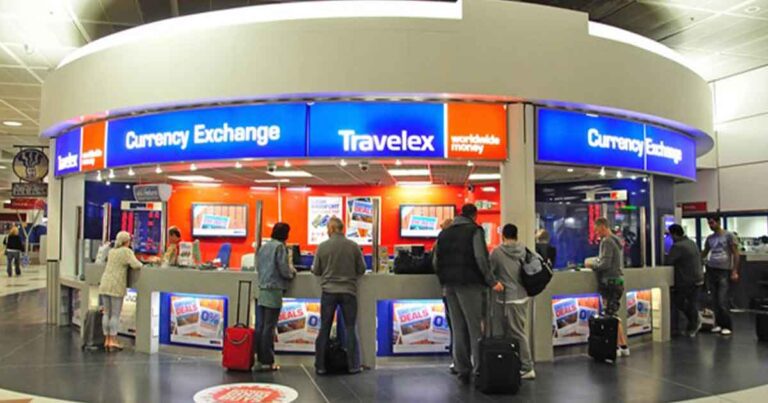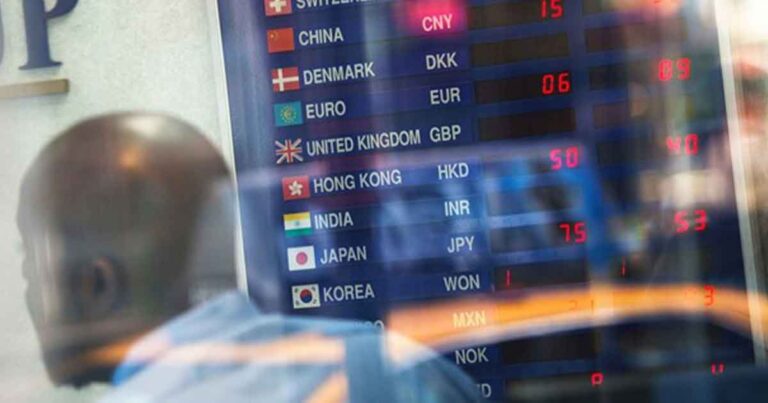Introduction to Forex Market: The foreign exchange or forex market is the worldwide marketplace for exchanging currencies. Currencies are exchanged between stakeholders, including governments, commercial banks, forex brokers and individuals. It is a non-stop market that operates globally, where traders of all sizes invest from around the world. Currency trading is the trade of different …










